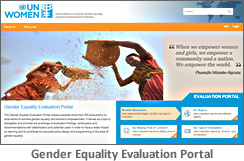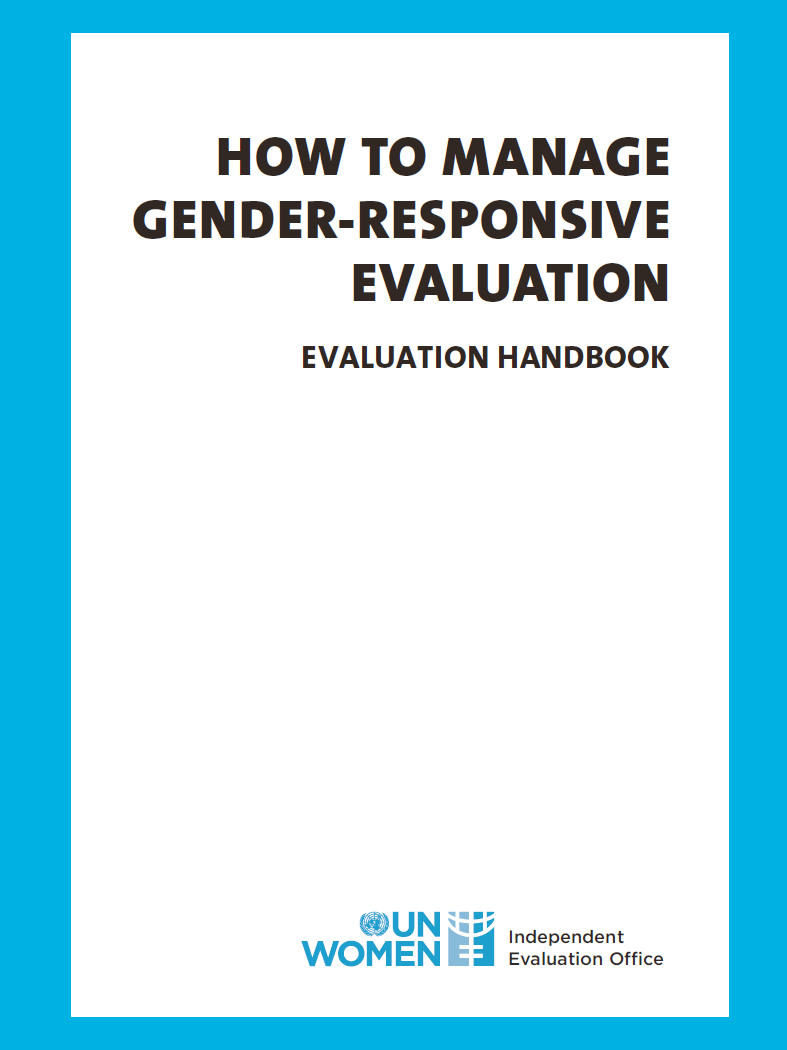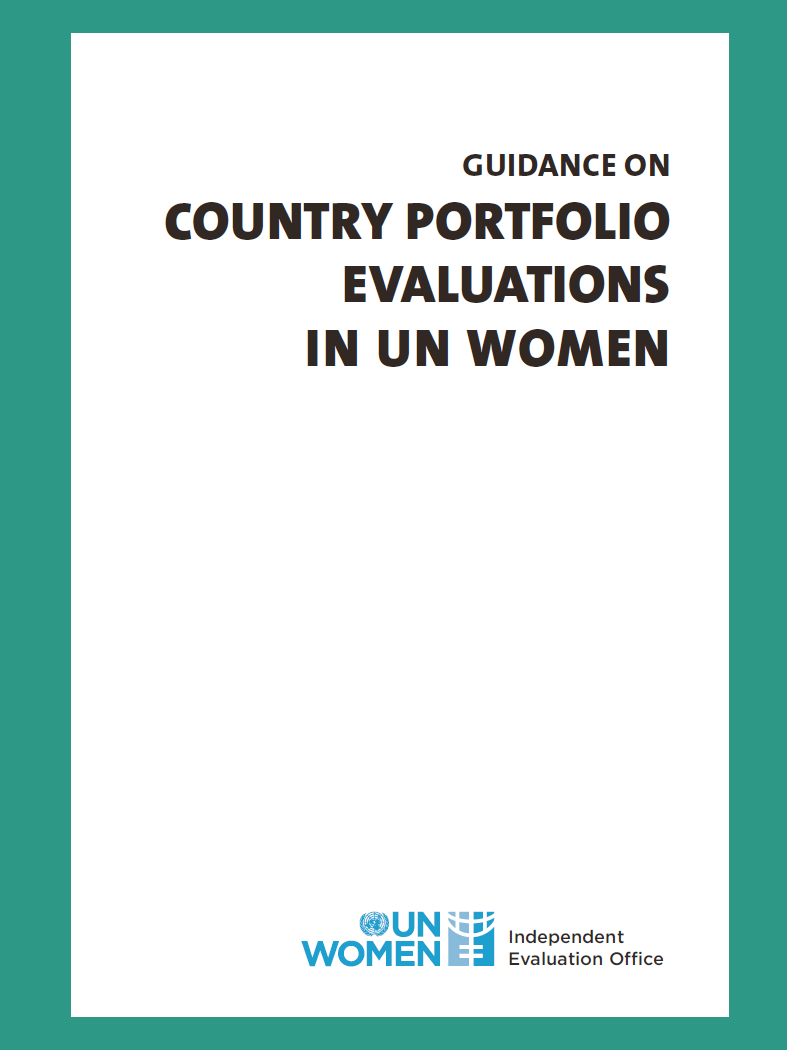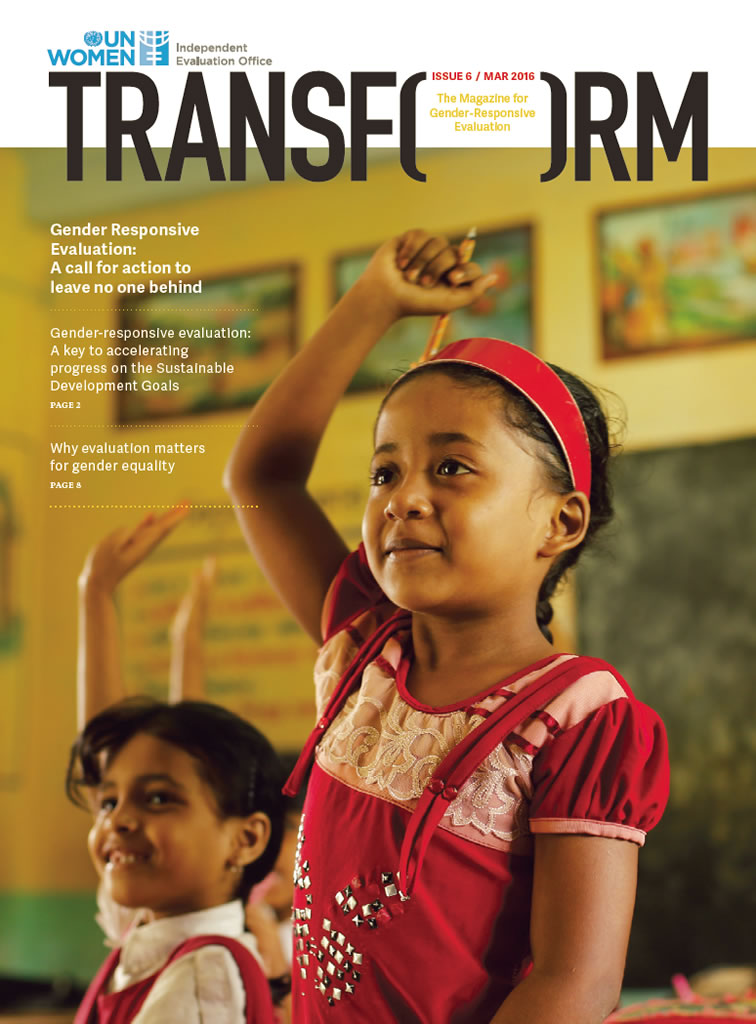Evaluation
UN Women regularly evaluates its own work to enhance accountability, inform decision making and contribute to learning on gender equality. The Independent Evaluation Service (IES) provides evidence for a more relevant, effective and efficient UN Women with greater impact on the lives of women and girls it serves.
The evaluation function at UN Women focuses on four strategic areas:
- Implementing effective corporate evaluation systems
- Implementing effective decentralized evaluation systems
- Promoting UN coordination on gender-responsive evaluation
- Strengthening national evaluation capacities for gender-responsive evaluation
The Independent Evaluation Service’s mandate comes from its Evaluation Policy. IES reports directly to the UN Women Executive Director and presents Annual Reports on Evaluation to the Executive Board. The UN Women Evaluation Advisory Committee acts as a forum to further ensure the independence, relevance and quality of its evaluation function and promote their use within UN Women. A Strategic Evaluation Plan approved by the Executive Director also guides IES.
UN Women carries out corporate and decentralized evaluations. IES undertakes corporate evaluations with the support of external evaluators. They assess effectiveness, organizational performance and normative and operational coherence. Decentralized evaluations are conducted by external evaluators and managed by programme offices. They are quality-assured through the Global Evaluation Reports Assessment and Analysis System (GERAAS) and their results are presented at the annual session of the Executive Board.
All evaluations are publicly available on the Global Accountability and Tracking of Evaluation (GATE) system.
IES also develops guidelines and methodologies to mainstream gender equality and human rights perspectives in evaluation, and works with the United Nations Evaluation Group (UNEG) to promote UN System-wide coordination for gender equality.
The Independent Evaluation Service works to make UN Women stronger, while engaging the UN System and external partners to advocate for gender responsive evaluation.



